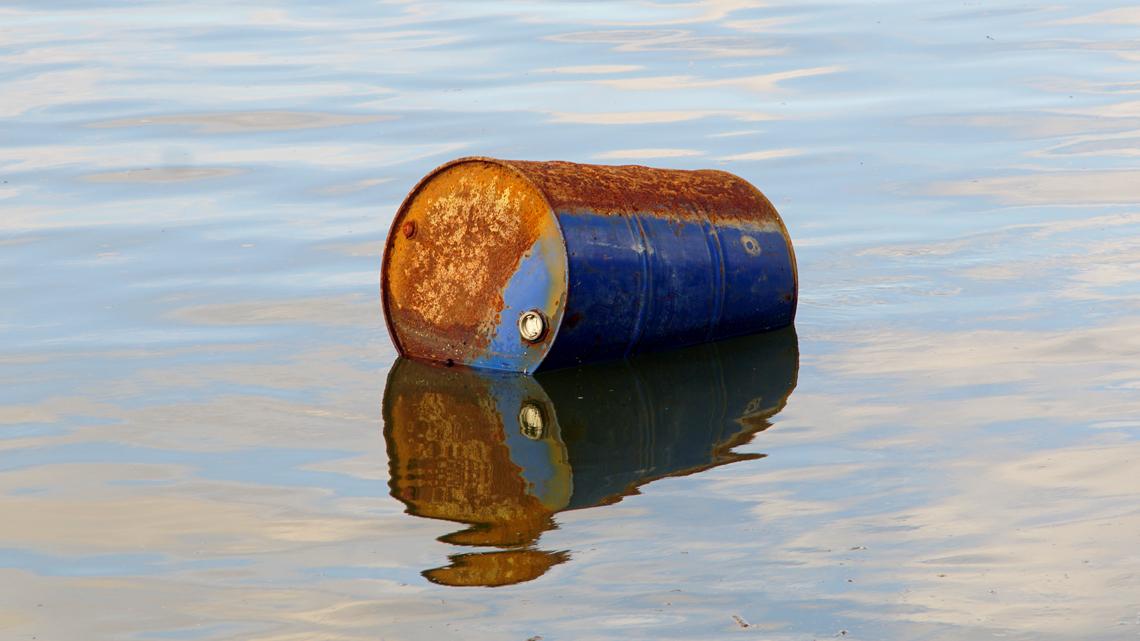FAQs Used Oil Management Association



What is UOMA?
The Used Oil Management Association (UOMA) promotes education, innovation and facts about used oil management to help business reduce liability associated with waste oil management and improve energy cost savings. UOMA was founded in 1982 after the US Congress passed the Used Oil Recycling Act 1980 and the Environmental Protection Agency (EPA) released regulations which encouraged the recycling of used oil on site for energy recovery.
What is UOMA’s mission?
Who are the members of UOMA?
How does used oil negatively impact the environment?
Is there a difference between used oil and waste oil?
What are the rules for properly disposing of waste oil?
How can waste oil be reused?
For waste oil to be reused, it must first be recycled. Recycling removes the dirty particles so that it can be used again. There are several oil recycling processes and a variety of end uses. One of the most efficient and cost-effective processes is to recondition the oil on site and burn it in a dedicated waste oil burner for heat or energy. Waste oil can also be re-refined to a product that is virtually identical to virgin oil. Additionally, waste oil can be collected or dropped off at used oil collection points where the used oil can be fed into the front end of a petroleum refining process to produce gasoline.
